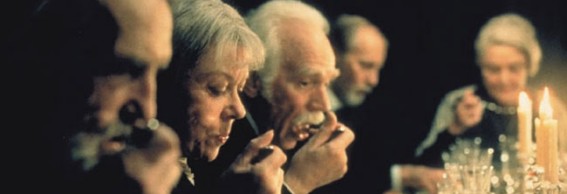 Monday, February 25th
4:30-6:00 pm
Swift 201
Monday, February 25th
4:30-6:00 pm
Swift 201
The Theology Workshop and the Hebrew Bible Workshop warmly invite you to a joint session that continues this quarter’s “Embodiment, Sexuality, and Religion” series. Kelli Gardner, PhD Student in Hebrew Bible, will present her work: “‘Drink Water from Your Own Cistern’: Images of Female Sexuality and Autonomy in Proverbs and the Song of Songs.” Kristel Clayville, PhD Candidate in Ethics, will respond and kick off the interdisciplinary discussion.
Proverbs 1-9, 31, and the Song of Songs reflect an analogous understanding of proper female behavior and authority, and establish similar regulations and controls over female sexuality. However, due to their divergent agendas and perspectives, these are presented differently. Proverbs uses the image of the Strange Woman to demonstrate the evils of promiscuous women, while presenting one’s own wife as a satisfying and fertile lover. By borrowing tropes depicting female sexuality from the Song of Songs, Proverbs is able to present the dual nature of the Strange Woman – seductive but dangerous – while reminding participants its audience of the utter satisfaction one can have in one’s own wife. Thus, Proverbs artfully reinforces the social conventions regarding female sexuality by advising its male audience to drink only from one’s own cistern!
No preparation is expected of participants. Delicious refreshments will be served, all thematically linked to the sensual cornucopia of Hebrew sacred literature…
Persons with disabilities who would like assistance, please contact Aaron in advance at athollander@uchicago.edu.

 The Theology Workshop welcomes Prof. Kristine Culp, Associate Professor of Theology and Dean of the Disciples Divinity House, Prof. Jeffrey Stackert, Assistant Professor of Hebrew Bible, and Rev. Cynthia Lindner, Director of Ministry Studies and Clinical Faculty for Preaching and Pastoral Care, to reflect on their own experiences and best practices for creating classroom cultures and environments that intentionally honor the body as a constitutive part of human being, knowing, and learning.
The Theology Workshop welcomes Prof. Kristine Culp, Associate Professor of Theology and Dean of the Disciples Divinity House, Prof. Jeffrey Stackert, Assistant Professor of Hebrew Bible, and Rev. Cynthia Lindner, Director of Ministry Studies and Clinical Faculty for Preaching and Pastoral Care, to reflect on their own experiences and best practices for creating classroom cultures and environments that intentionally honor the body as a constitutive part of human being, knowing, and learning.